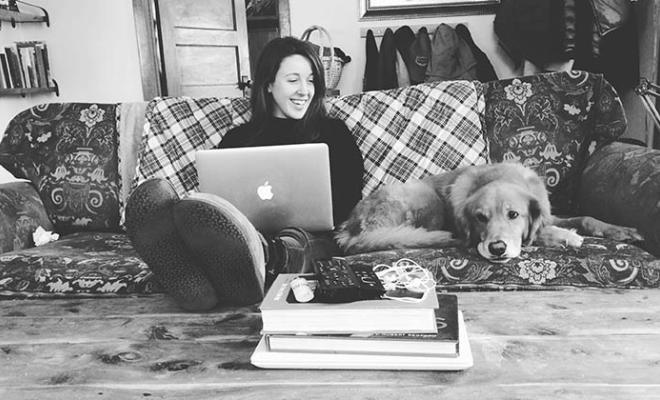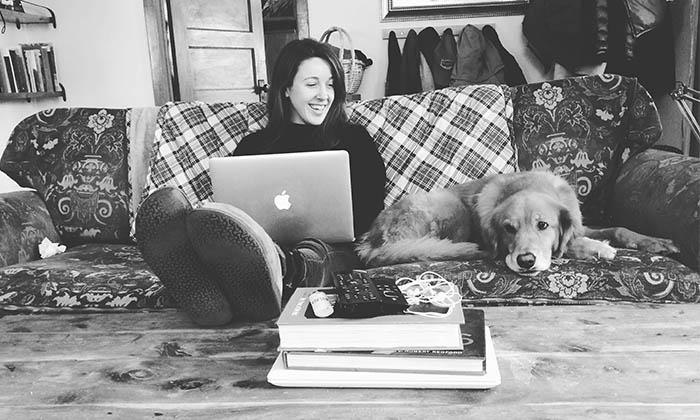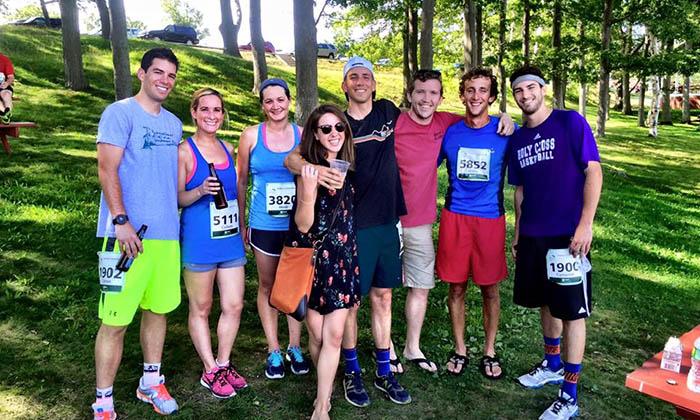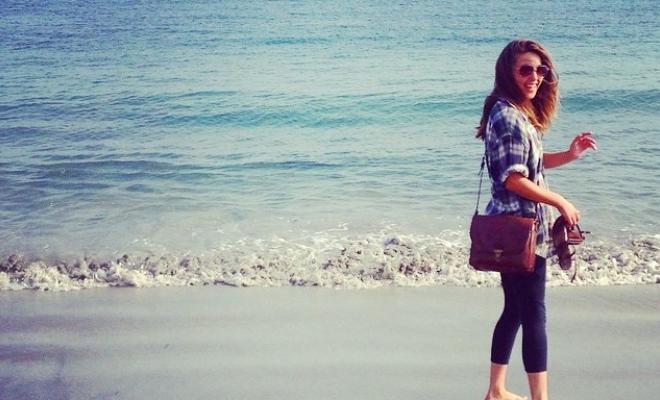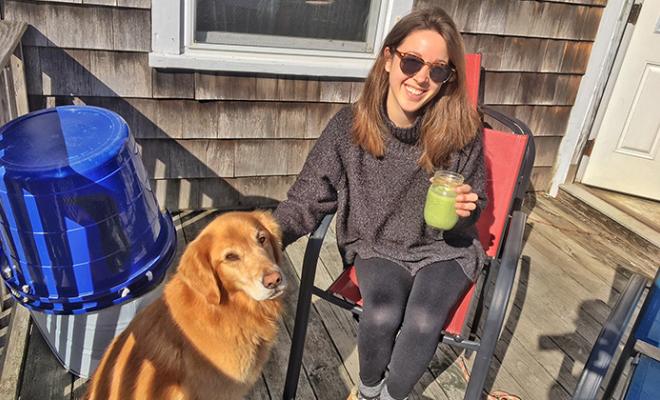Managing my cystic fibrosis is a big part of my life. Between treatments, nutrition, exercise and CF care center visits, I also work to manage my identity. Although the old maxim, “I have CF but CF doesn't have me,” is appealing, it's not always true. Sometimes I struggle to separate myself from my illness.
And if I can't always separate the two, is it unrealistic to expect that courtesy from others? I'd like to say that living with a chronic disease made me immune to anyone else's opinion, but that's hogwash. If anything, I might be more insecure and self-centered than your average twentysomething. It's hard not to think about myself when so much of my day-to-day centers around my upkeep. At least that's how I'm justifying it these days.
In elementary school, balancing CF and identity wasn't complicated. Growing up in a small town in Maine, everyone in my class knew I had CF and it never felt like a big deal. My parents were hopeful and honest when it came to my disease, so I was hopeful and honest when my peers had questions. If they asked about my enzymes or my clubbed fingers, I answered as best I could. Turns out, most 8-year-olds don't have loads of questions about CFTR mutations, so my CF was often met with a shrug and a game of foursquare.
As I got older, the discussion got trickier. Google became a transitive verb just as I hit puberty, and overnight the CF conversation flipped.
I was no longer in charge of my story. If kids had questions about my illness, they didn't have to ask me; they could look it up.
Like most teenagers, I figured my classmates were always talking about me. And in my case, I imagined a Google search as the precursor to any good Ali gossip. To make matters worse, “bulky, greasy, foul-smelling stools” populated the top results for a simple "symptoms of CF” search.
My goal at the time was to fit in and be cool. Having a rare disease deviated from the fitting in plan and the GI tract isn't exactly synonymous with cool. (Also, may I just add, there's a special place in hell for whoever started the whole “girls don't poop” propaganda.) But whether my peers were actually googling CF or not, the information existed for anyone to find and interpret -- and I worried that information would blur the line between this disease and me.
I'm drinking my daily dose of Miralax as I type this and am happy to report that at 28 years old, I'm long past stressing over what others might think about my stool, bulky or not. If you've ever needed an enema to treat an intestinal blockage, you understand the importance of a good BM (and a sense of humor). However, I do still worry how CF could shape perceptions of me.
When I met my boyfriend, these anxieties amplified. I dreaded his inevitable CF research. The median predicted survival age is an obvious bummer, but so are the many and ugly complications he would probably read about, from liver disease and cystic fibrosis-related diabetes to anxiety and depression.
I resented CF for placing an enormous amount of pressure on someone I barely knew -- and potentially scaring him off. "Hey, I know this is our second date, but if things go well, want to be my caretaker when my health declines?"
Even more, this disease is crazy complex! Its effects can vary from person to person. Would he read someone else's CF story and assume mine was the same? I found myself working to relieve his anxiety about my current health (my lung function is pretty good!), while managing expectations for the future (but this disease is progressive…).
The same balancing act surfaces in my professional life when employers find out about my CF. How can I prove I'm still a good employee after they've read up on hospitalizations, transplants and disability leave?
The good news is I've never lost a friend, partner or job over my CF. Though I don't know if I'll ever stop worrying about how people view me in relation to this disease, blogging about cystic fibrosis and sharing my experiences with the CF community has helped me regain some control over my identity and my story. And when it comes to telling that story, I've found the best approach hasn't changed all that much since grade school -- I'm still doing my best to stay hopeful and honest.

